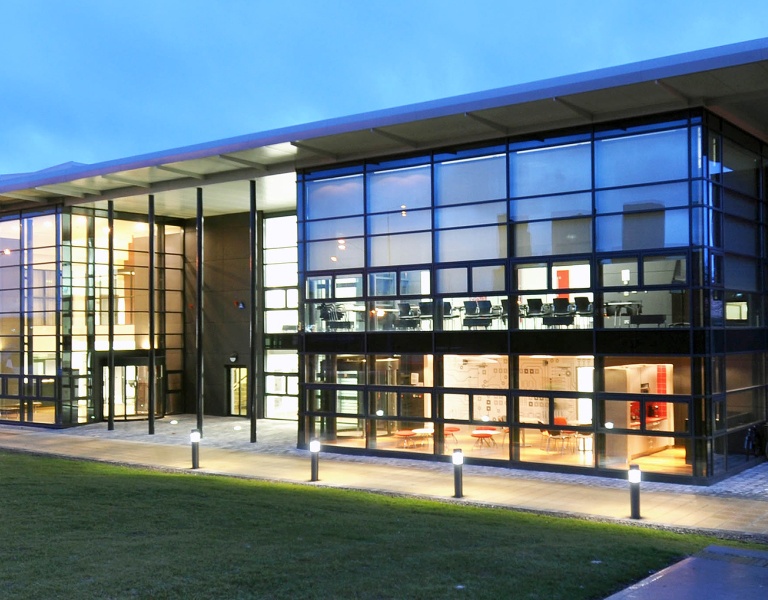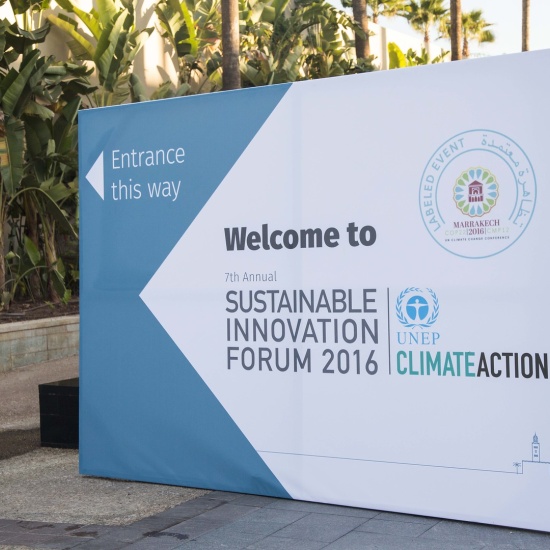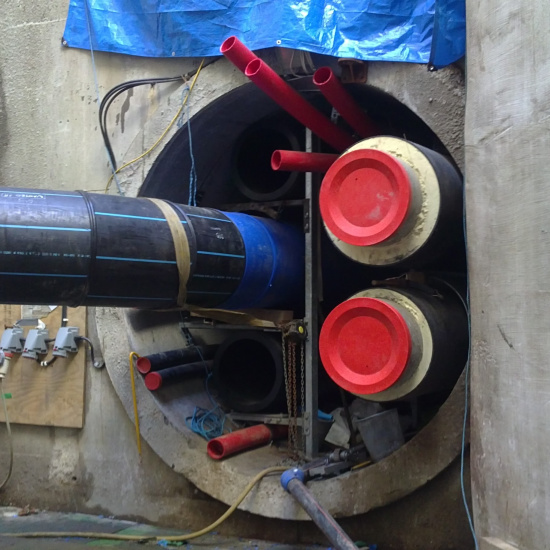How one Irish research team are using blockchain technology in the energy sector
As we prepare for the launch of the Research, Development and Demonstration funding call for 2018, I was looking back at some of the projects we funded last year and I came across one that featured blockchain technology. Personally, I've heard a lot of talk about blockchain technology and crypto-currencies in the last year, in particular, the most famous cryptocurrency, Bitcoin.

Blockchain technology is an integral component of bitcoin where it acts as the digital ledger of all transactions, underpinning and enabling the entire concept of cryptocurrency. The potential for blockchain however, extends far beyond cryptocurrency. For instance, one innovative Irish research team based in Cork IT are now using blockchain technology to bring about big changes to the energy sector.
The SmartBlocks project
The team at the Nimbus Centre in Cork IT spotted a niche area of research focus - the application of blockchain technology in the energy auditing sector. Their project, SmartBlocks, was supported by SEAI in the 2017 RD&D Funding Programme. It investigated the potential to use blockchain technology for the development of a secure and independent energy transaction and verification framework for smaller independent prosumers or communities.
Before Christmas, I travelled to Cork where I met with Dr Susan Rea and the research team behind this innovative and exciting project. The initial idea for Smartblocks was sparked following a conversation between Smartblocks Principal Software Architect Dr Alan McGibney, and an Irish Energy Services Company (ESCO), who was finding it difficult to gain the trust of clients when collecting and verifying energy savings. Energy monitoring, metering and verification brings with it high costs and this coupled with a lack of transparency in energy calculations acts as a barrier to energy performance contracting. SmartBlocks offers transparency and builds trust with clients by offering secure independent verification of the energy transaction data and savings.
How SmartBlocks works
Alan and the team developed a set of software services that allow independent entities (ESCOs, Building Owners, utility providers, energy traders) to leverage the concept of smart contracts and Blockchain technology to create a trusted and verifiable ledger of energy transactions. An integrated prototype for the SmartBlocks system was developed to support the demonstration and evaluation of this Blockchain approach for continuous energy auditing. Senior researcher, Dr Kritchai Witheephanich focused on the development and implementation of the energy forecasting component, to enable prediction of energy demand on-site using thermal and electrical historical data as well as prediction of the onsite renewable energy generation capacity. The SmartBlocks prototype was administered through a web-based portal. This portal provides authorised access to view and manage the SmartBlocks component and visualise current blocks, batches and transactions.
SmartBlocks Prototype
A key benefit of the SmartBlocks prototype is it can gather energy data from multiple buildings, with a variety of different energy management systems, into one central portal. This is a huge benefit for a large campus, such as CIT, as it will save the energy manager time and effort when pulling together energy details and monitoring key performance indicators.
What next for SmartBlocks?
Following on from their 2017 SEAI RD&D project, the research group at Cork IT are actively pursuing options to expand SmartBlocks and move closer to commercialisation. Following my visit to Cork, they were due to meet with Enterprise Ireland to discuss feasibility study funding to further explore the market potential for SmartBlocks in the UK and Ireland. They have met with key industry players and are keen to develop strategic research partnerships to further propel the project. They also have other research and development ideas for add-on components to the suite of SmartBlocks services. In other words, watch this space, I know I will be!
SEAI's RD&D Funding Programme aims to improve the coherence of Irish energy research and development, building a cleaner and more secure energy future, while enhancing our knowledge economy.
The SEAI's 2018 RD&D Funding Programme will open in early February. This year, the programme will provide funding ranging from €100k for small-scale projects of up to one year, and up to €650k for large-scale projects of up to four years. It will also fund Fellowships in Academic Institutions up to a value of €250k and up to three years in duration.
Learn more about how you can apply for research fundingAuthor Biography:
Dr Lucy Corcoran works on SEAI's Research, Development, Demonstration and Innovation (RDDI) Programme. Prior to joining SEAI, Lucy worked as an energy efficiency consultant primarily with the Irish water sector. She has also worked as a design engineer in the marine renewable energy sector and a researcher at the IBM Research Lab. Lucy is a Certified Energy Manager and holds B.A.I. (Engineering) and Doctoral (Hydropower Energy Recovery) degrees from Trinity College Dublin.
Find more information on SEAI research funding



